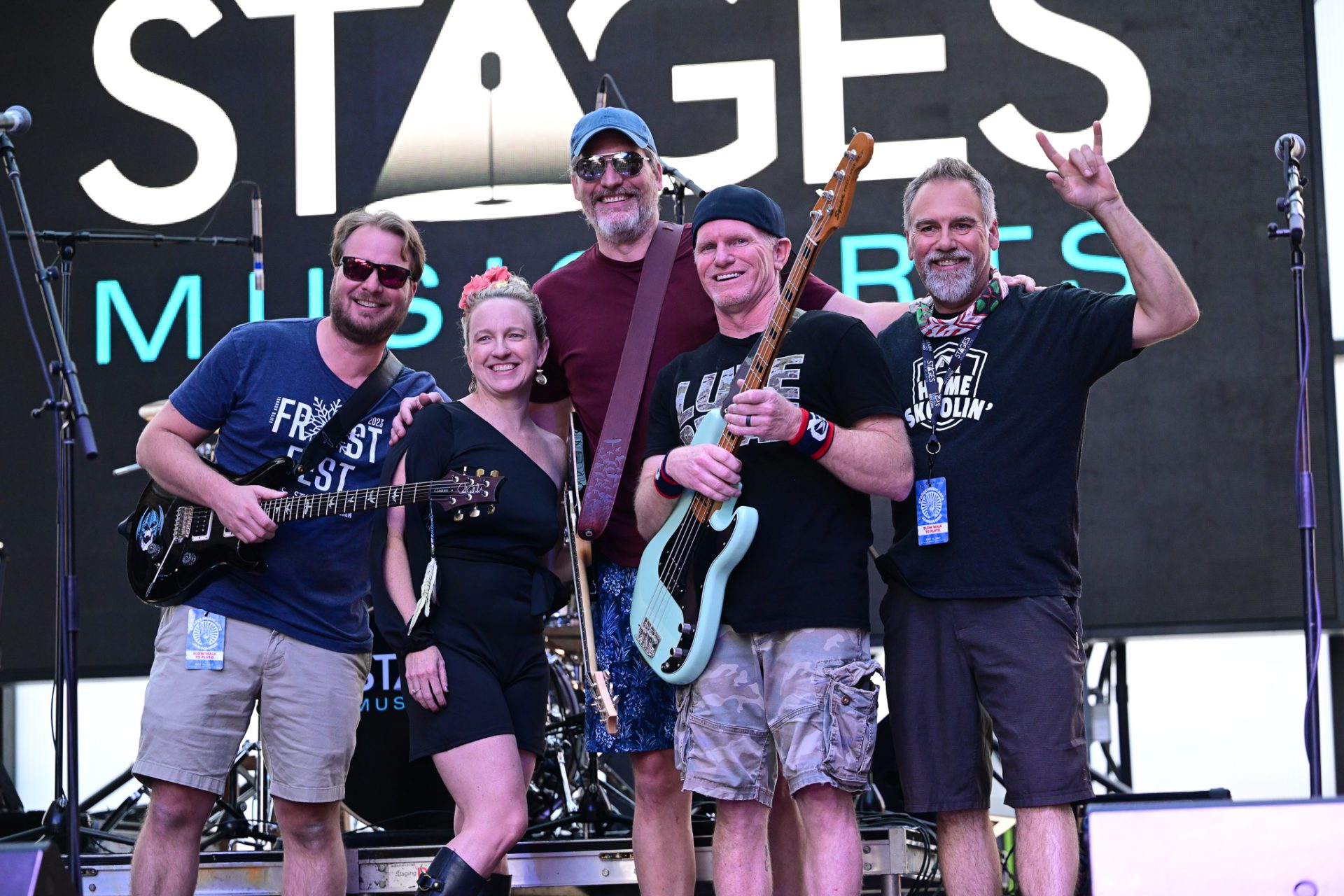Learning Music as an Adult: It’s Never Too Late to Begin!


“Is it too late to begin?” is a question we receive a lot from adult beginners inquiring about music lessons. You can hear in their voice excitement and eagerness, as well as fear and self-doubt. But as an adult beginner myself, I LOVE having this conversation with people who have a genuine desire to possess this seemingly elusive skill and encouraging them that it is, in fact, NEVER too late to fulfill your musical dreams!
Picking up an instrument or learning to sing as an adult might seem intimidating, especially if you’ve never played music before. However, the truth is that music isn’t reserved only for those who started young. With the right mindset, resources, and strategies, you can embrace the joy of playing music at any age.
Check out these 7 tips to guide you on your musical journey as an adult beginner!
Let go of the myth that only children can learn music. Adults have unique advantages when it comes to learning new skills, such as better discipline, more clear goals, and the ability to understand abstract concepts. Progress is more important than perfection, and every small improvement is a step forward. Just keep an open mind and know that it is not only possible – but incredibly rewarding – to learn to a challenging new skill at any age!
Start with the instrument that excites you the most. Whether it’s the guitar, piano, drums, or even your voice – enthusiasm will keep you motivated through the challenges. Then, as you learn the building blocks and fundamental principles of music, you can more easily add other instruments to your repertoire, should you wish.
This applies to choosing a specific instrument as well. The answer to “What [instrument] should I buy?” is “Whichever one makes you want to pick it up and play it often.”
Check out our guides to selecting the best instrument for you!
There’s no one-size-fits-all approach to learning music. You can, of course, find a million videos on YouTube, but without clear goals, consistency and structure, most people flounder with this approach. Having a teacher you meet with regularly can help you realize your dreams so much faster by holding you accountable, noticing where the gaps are in your learning, being a sounding board for questions and a cheerleader when things feel difficult or discouraging (it will happen!).
Sometimes finding the right mentor can be a process, so don’t give up if the first person you learn from isn’t a fit. Keep looking until you find that person who inspires you with what they have accomplished, connects with you on a level that you can understand and helps you get where YOU want to go.
Consistency is key when learning music. Aim for short, daily practice sessions rather than occasional marathons. Break your goals into manageable steps, like mastering a simple song or playing scales smoothly, and celebrate your achievements along the way.
There are so many technological tools that can help you advance your skills and your ear. Download a tuner app to tune your instrument. Metronomes can help you build rhythmic precision. Great apps exist to help train your ear to hear pitch, intervals and more. And recording yourself can provide valuable feedback on your progress and a sense of accomplishment. Want help getting started learning to record at home? Reach out!
Trying to learn music in isolation only takes you so far and many who stay isolated will give up. Music wasn’t meant to be something we do by ourselves. Being part of a community can help you achieve your goals faster and with more enjoyment as you share progress, receive support, commiserate over challenges and swap tips. And actually playing music together with others helps you grow faster and makes the process more fun, enjoyable and engaging.
Progress may feel slow at times, but don’t let that discourage you. Everyone learns at their own pace, and every musician, no matter how skilled, started as a beginner. Focus on enjoying the process rather than rushing toward a specific outcome. Every so often, take a moment to reflect on how far you’ve come (I like to recall things that used to feel impossibly hard that now feel effortless and easy), and then hone in on where you still want to go!
Learning music as an adult not only brings the joy of self-expression but also provides cognitive and emotional benefits. Playing music can reduce stress, improve memory, and boost creativity. Plus, it’s a lifelong skill that can enrich your life in countless ways. Don’t take yourself too seriously, focus on the journey and not the destination, and know that with time and practice, you will absolutely be able to achieve your goals!
Whether you dream of playing your favorite song, jamming with family or friends, or simply enjoying the meditative act of practicing, embrace the challenge, and let music become a source of joy and fulfillment in your life. As they say, the best time to start was 20 years ago, but the second best time to start is NOW! Why wait?
What instrument would you love to learn? Email us to learn more about how Stages can help you bridge the gap between your goals and your reality!
Sign up with your email address to receive news and updates.